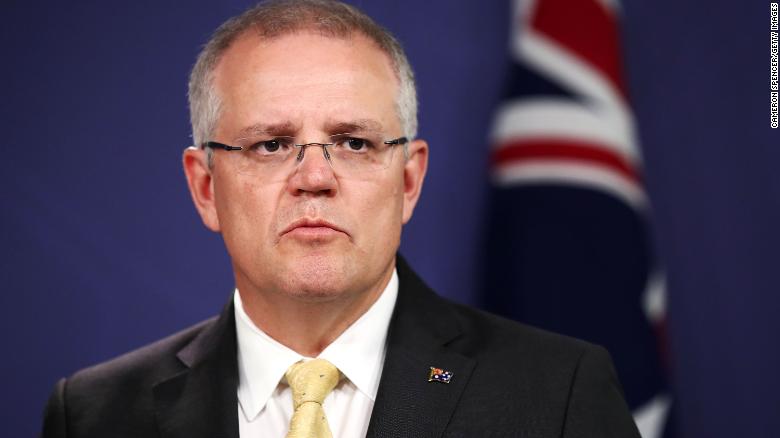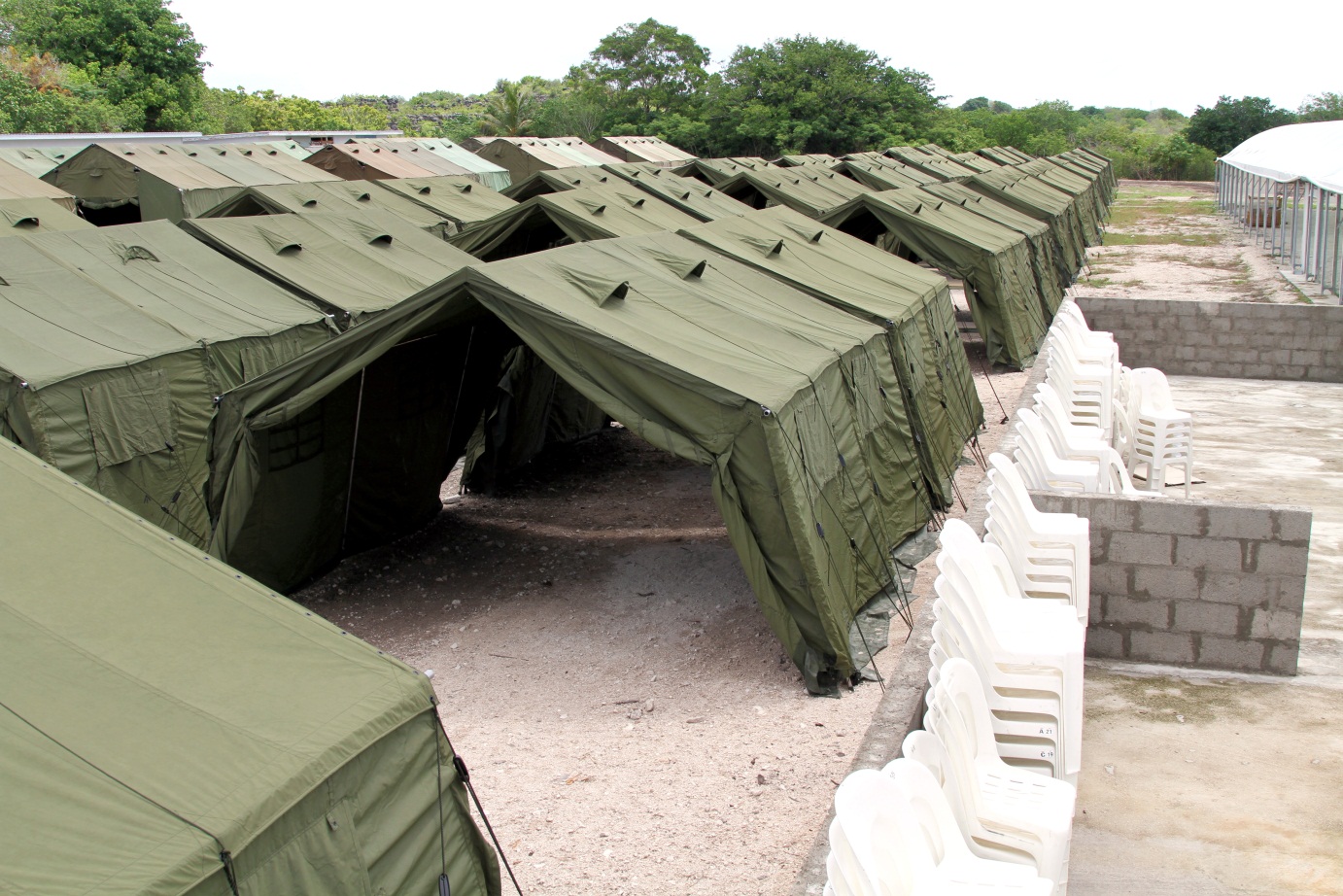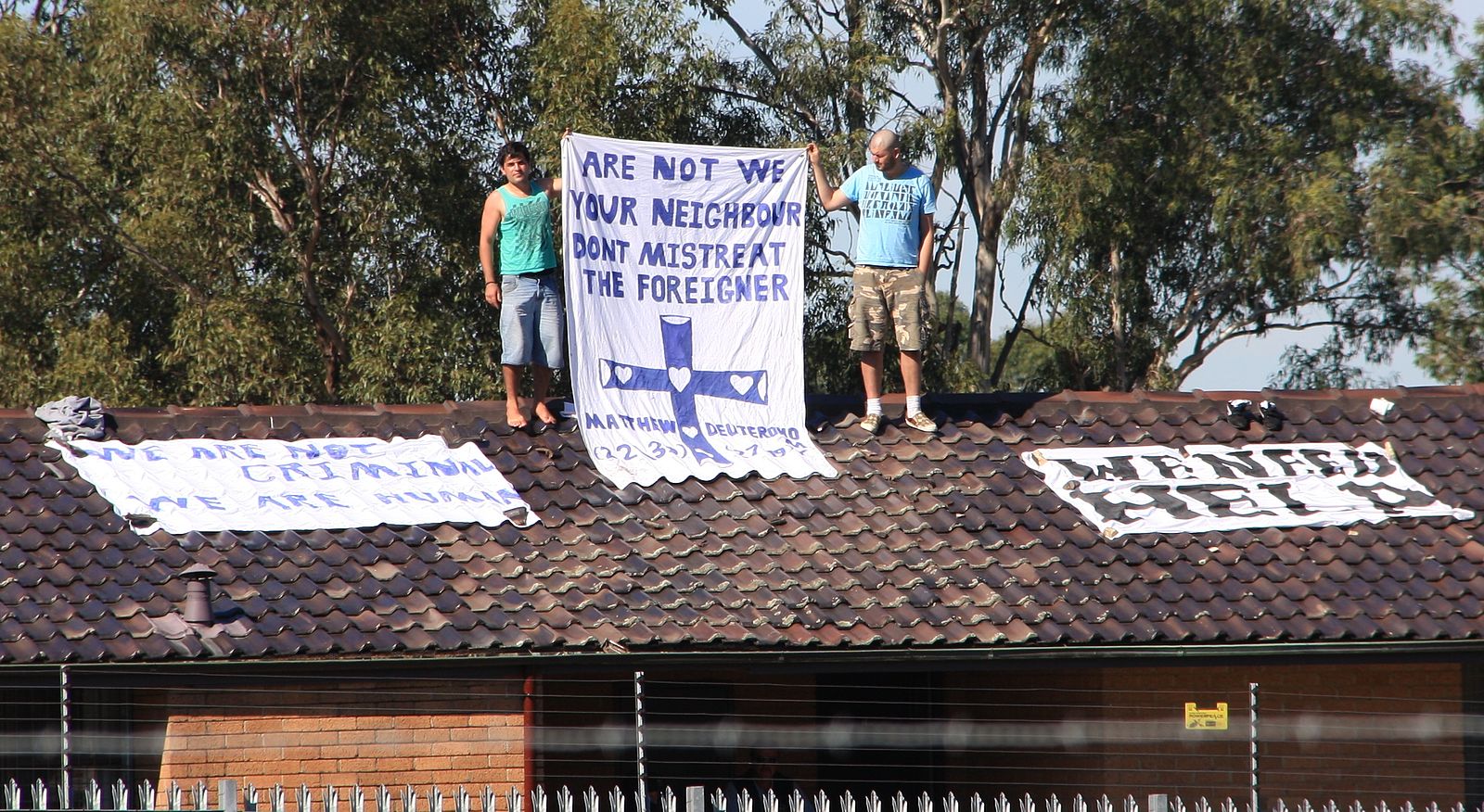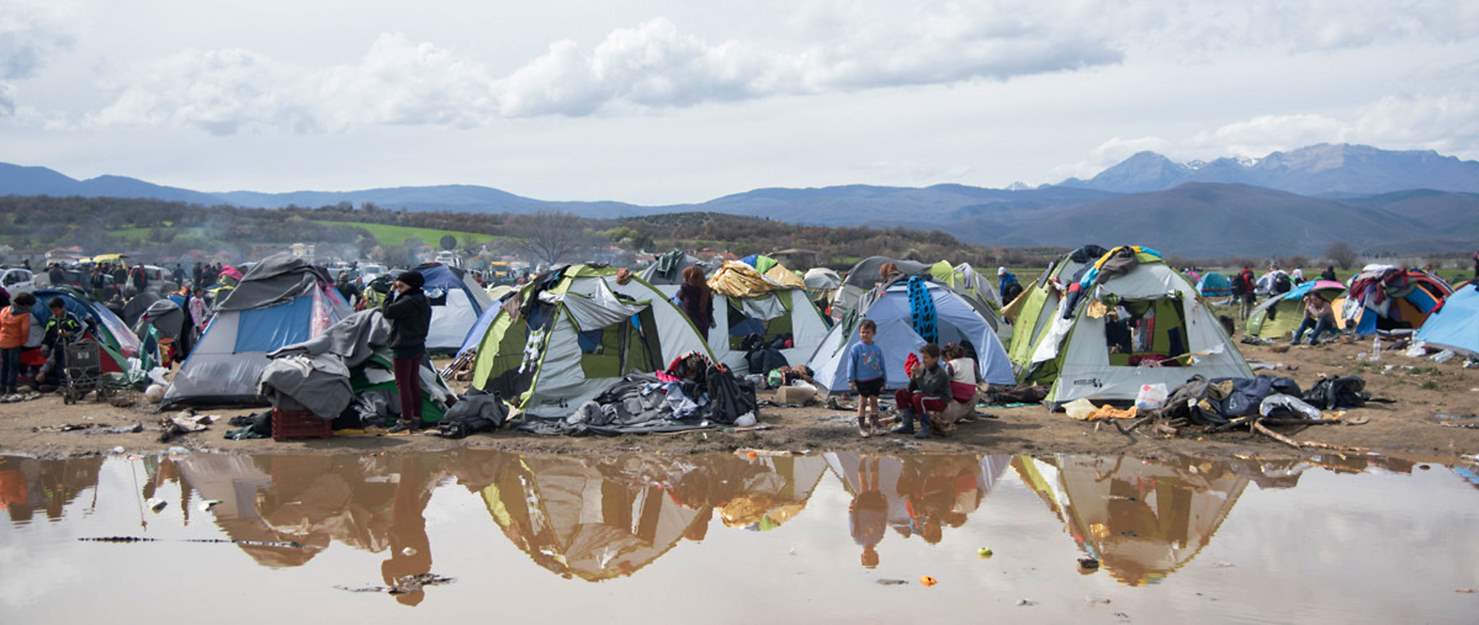The Australian government has announced a number of radical measures over the past few weeks to help Australians weather the storm that is Covid-19, but for a man who built his whole career around “stopping the boats”, Scott Morrison has remained deafeningly quiet about how the government plans to keep our refugee’s safe from this pandemic.

Whether you believe that asylum seekers should be resettled permanently in Australia or not, there is no doubt that keeping them detained in overcrowded locations during a viral pandemic is a disaster waiting to happen. The virus may have already hit one of our detention centres at Villawood, with an inmate being isolated after requiring testing last week. The results of his test have not been released, but if he has Covid-19, then recent history shows us it’s only a matter of time before an outbreak devastates the whole centre.
Australia currently has offshore detention centres operating in Nauru and Papua New Guinea, as well as a number of centres within the country. The most infamous, of course, are the detention centres that hold refugees who try to come to Australia by boat- but there are all kinds of reasons as to why somebody might be held in these places. For instance, the Villawood immigration detention centre in Sydney, which held 486 people as of January this year, caters to people who have overstayed their visa permit or those whose visas have been cancelled because they failed to comply with it’s conditions.

No matter the reason why people may be stuck in these centres, it cannot be ignored that they are a group uniquely at risk of experiencing contagious illnesses at the ‘best’ of times, let alone with mental illness and the spread of diseases already at crisis levels. The medivac bill, which was legislated last year is a tribute to this.
Thus far the government of Nauru has declared a ‘state of emergency‘ and experts warn that Papua New Guinea is headed for a Covid-19 health catastrophe. The Australian government does not provide regular statistics on the status of off-shore processing, but the Refugee Council were able to confirm that as of September last year, there were still 562 people left on Nauru and Papua New Guinea. We know that Coronavirus is spread by contact- hence the world learning about the importance of social distancing- so the fact that overcrowding and lack of basic hygiene is the status-quo for these institutions means that if a guard or outsider were to bring in the virus, it would be bad. Even deadly.

Detainee’s from the Villawood Detention Centre have written an open letter to the PM after the afore-mentioned inmate was tested for coronavirus last week.
“People in detention across Australia are anxious and scared of COVID-19. We are currently being incubated in a potential death trap in which we have no option or means to protect ourselves within these confines.
Metaphorically speaking, we are sitting ducks for COVID-19 and extremely exposed to becoming severely ill, with the possibility of death”.
In the letter, which you can read in full here, inmates document the crippling fear they feel daily. A large majority of them are at a high-risk of suffering from coronavirus due to preexisting conditions such as asthma, diabetes and heart conditions.

The letter further goes on to expose the mismanagement of staff in keeping detainee’s safe, including not wearing suitable protective gear, continuing on a rotating roster (which could lead to the spread of the virus between different centres), and an under supply of medical resources. The letter ends with a call to the Australian government to release them back into society, albeit under the watchful eye of the Immigration Department.
If Australia did decide to temporarily release their refugees, they would not be alone. In the UK, the Home Office has released more than 300 people from detention. That’s an estimated quarter of their detainee population. We are already placing travellers who return from overseas in hotels for two weeks, so moving at least some of the refugee population out of the overcrowded centres is not out of the question.
But for a lot of countries which house refugees, this is not an option. The UN Refugee Agency (UNHCR) is closely monitoring other camps around the globe, and implementing practices to try and decrease their risk of infection. These include temperature screening at entrances, installing hand washing stations, and in some places creating new isolation and treatment facilities for refugees. These preventative measures can only do so much, and experts believe it’s only a matter of time before coronavirus infiltrates these communities.

Australia is in a better position to help these people than other countries, yet there have been no reports to suggest that we have even implemented these rudimentary preventative measures. We are teetering on the edge of a full-blown health crisis, and if we do not act now to help the most vulnerable, then we will have failed them and ourselves.
To get involved and help spur action, you can sign the petition here, or call your local representative.
Subscribe to FIB’s Weekly Alchemy Report for your weekly dose of music, fashion and pop culture news!







